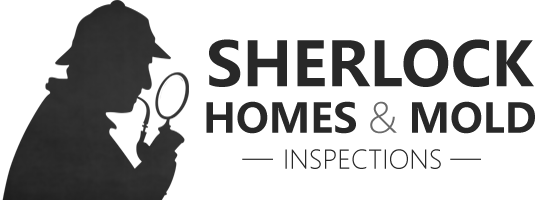Buying a house is a significant investment for most people. So you are going to want to make sure you aren’t committing your finances to a money pit. A home inspection can make sure you avoid a costly mistake, but how much do they cost?
As with most things in the house buying process, they aren’t cheap. You can expect to pay between $500 and $1000, though there are many factors that could influence this. Where you live has a significant bearing on the price of a home inspection.
Like the cost of living in various parts of the country can vary substantially, so can what you’re charged for an inspection. One of the things you may want to do is a Google search with something like “home inspection cost near me?” Doing so should give you an excellent idea of what home inspectors charge in your area.
While the cost of a home inspection could seem high, it is well worth it! This expense could end up paying for itself many times over if you have the right inspector. Having the cheapest inspector could be just the opposite. Do you want to be saddled with a lemon filled with missed problems? I doubt it!
There is much to know about home inspections, with costs being one of the most common frequently asked home inspection questions. Let’s take a look at what can change the costs of a home inspection and how you can get the most out of it.
What Can Affect the Cost of an Inspection?
Typically, you can expect a home inspection to take 2 to 4 hours, depending on the size of the house. A larger house will likely attract a higher fee, but with more square footage to check, this shouldn’t be surprising. The price can also increase if additional things need to be looked at. More bathrooms and multiple heating systems are going to take more time, and the cost will reflect this.
Older houses and fixer-upper homes can need more checks and if there are some known issues, these may take longer to investigate. This will lead to higher inspection costs, though if it gives you more information about potential problems, it will be worth it in the long run.
Included in the cost of the inspection should be a written report and photos detailing issues found or potential problems. This shouldn’t be something you are charged extra for. A detailed report is something that should be delivered as standard by a home inspector.
It may be necessary to have extra things checked, your real estate agent should be able to advise of common issues in the area if you’re not already aware.
Specialty inspections could include a host of things, including:
- Checking for rodent infestation
- Measuring radon level
- Testing for the presence of mold
- Measuring water quality and quantity
How Much do Specialty Inspections Cost?
If the house you are looking to buy has some other possible issues, you may need to pay for extra for more detailed checks. A special home inspection can cost as much as $500 more. Higher costs can be expected if lab testing or special equipment is needed to check the property.
If you are hoping to buy a house in an area where earthquakes are possible, it can be a good idea to ask the inspector to check for earthquake strapping on water heaters, for example. With extra checks come extra costs, but better to be safe than sorry.
What do Home Inspections Include?
The best home inspectors will have a checklist of a significant number of items to find any potential problems with the house. The main areas of the property checked, include:
- Structure – checking the foundation
- Windows and doors
- Exterior – looking for rot,
- Roof – making sure it is sound
- Interior – checking heating, air conditioning, plumbing, and electrical systems
There will be a host of more minute things a home inspector will check as well, but these are the biggies.
The home inspector will be trained and experienced in seeking out problems that you wouldn’t know to look for. While everything might appear great when going to a real estate showing, there are things you could have missed.
Getting the Best Out of a Home Inspection
Should problems be uncovered in the inspection, this gives you the power to improve your deal. You can ask the seller to remedy the issues discovered. When the problems found aren’t immediate issues, you could renegotiate a better purchase price to cover the costs of future repairs.
If none of this is agreeable to the seller or if the problems put you off the property, you can walk away. If this is the situation, the contingency clauses in your contract should allow you to get your earnest money deposit back.
The inspection cost is an upfront expense that buyers would rather not have to spend. It does have the potential to save you the cost of extensive repair bills down the line. You don’t want to suddenly be surprised by a major problem in your new home a few months after you’ve moved in. The initial cost of the inspection could save you from purchasing a house that you will later come to regret.
Final Thoughts On What a Home Inspection Costs
A home inspection is one of the most vital steps in the home buying process. The cost of an inspection should never be the determining factor in who you choose as an inspector. Your home is going to be a significant investment that should be protected.
By having the right inspector with a reasonable fee, you should be able to make a sound decision on whether or not the property is the best fit for you and your family.
Hopefully, you now have a better understanding of what a home inspection will cost and why they are so essential.

Recent Comments